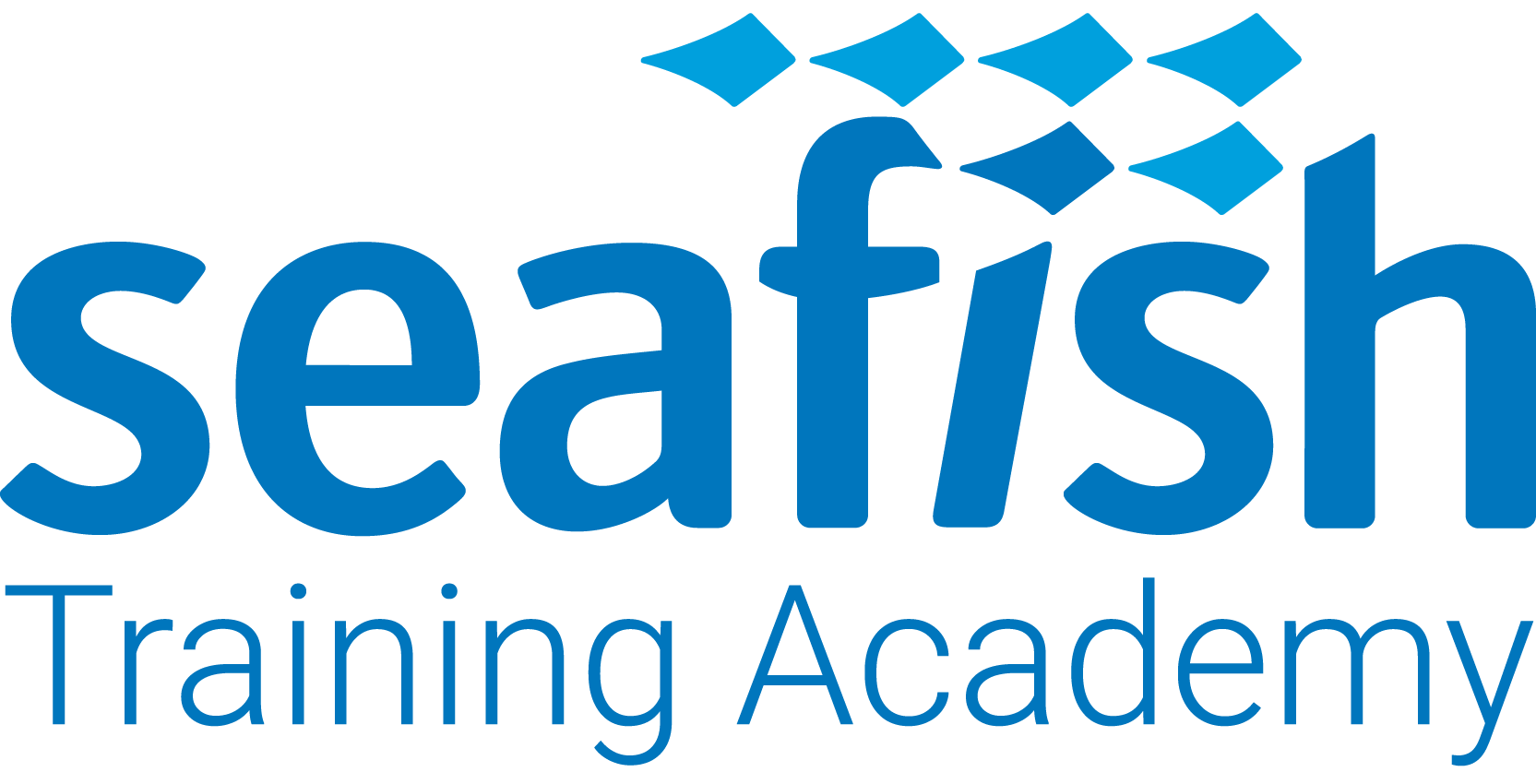- Home
- >
- Seafood Business Guides
- >
- Fishmonger business guide
A Seafish Training Business Guide
This is our business guide for fishmonger businesses.
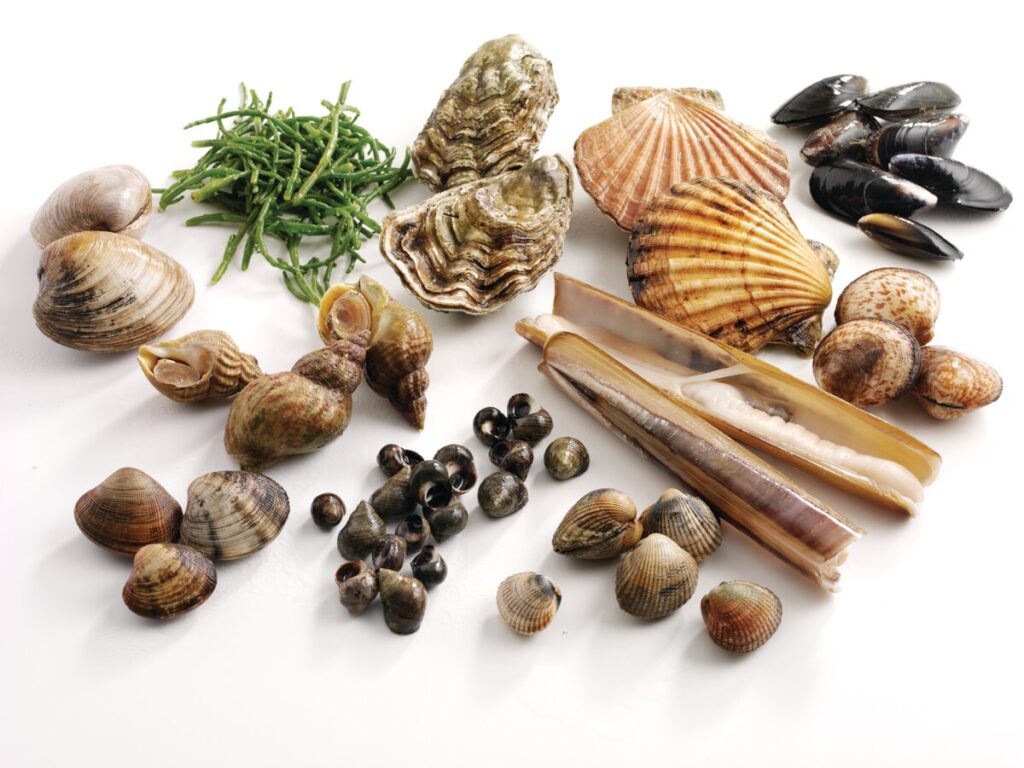
Before you start selling seafood, you must contact your local authority for their advice and guidance. If you are based in Scotland, this information is available – Advice for new businesses webpage – on the Food Standards Scotland website, which is very useful. If you are based in England, this you can register your food business on the Food Standards Agency (FSA) website.
Knowing more about fish and shellfish has never been easier. Seafish has published a comprehensive Seafood Guide and you can get a free copy from Seafish for yourself, and buy more copies to sell or give to your customers.
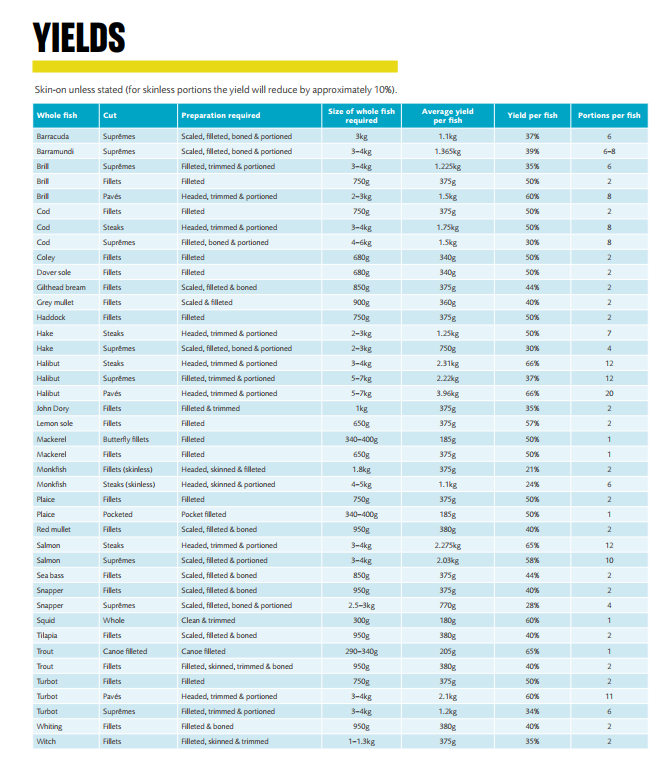
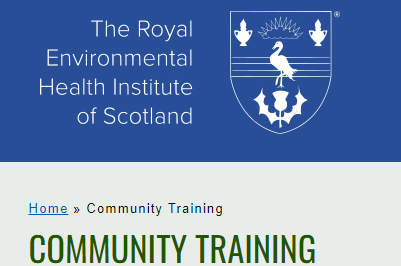
As the owner of a fishmonger business you must possess a good understanding of food hygiene, HACCP (Hazard Analysis Critical Control Points) and health & safety if you are to properly manage your food business. You could start studying using Seafish’s online Elementary programmes. You can go further and complete an online invigilated multiple choice exam which leads to a nationally recognised and accredited qualification from REHIS (Royal Environmental Health Institute of Scotland) and Seafish. Funding might be available.
Fishmongers are skilled in the preparation of fish and shellfish. Seafish has 47 training videos on different aspects of fish and shellfish preparation. You can use the videos to help improve the skills of your staff.

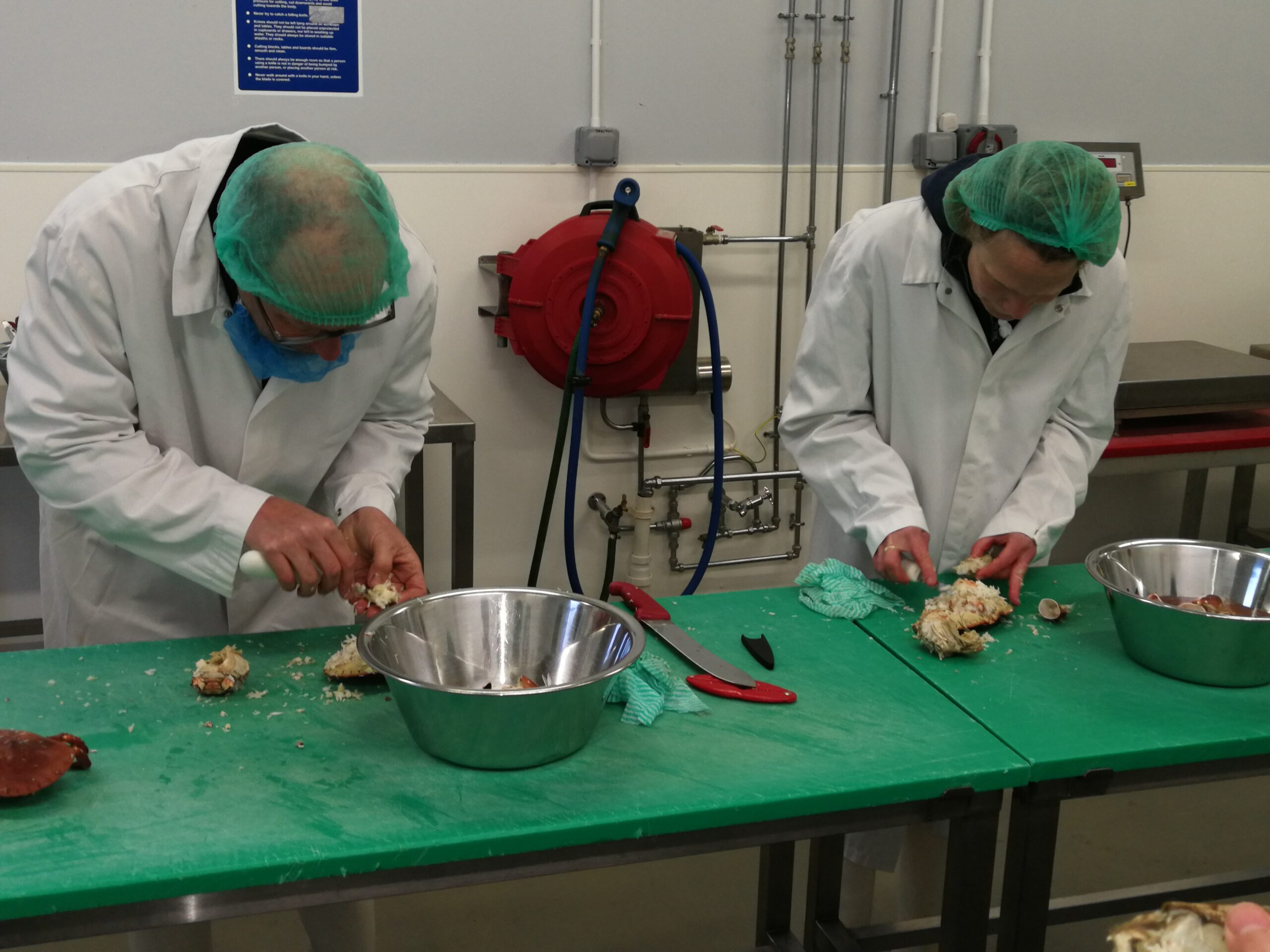
Apprenticeships are available for fishmongers across the UK. If any of your staff are able to participate in one of these programmes then that will get their fishmongering career off to a very good start.
Customer Service for Independent and Mobile Fishmongers
Great customer service is essential for any successful business. Customers make an instant impression about a business when they visit, get in touch, look at your website or social media accounts. Our customer service guide covers some of the things that create an enjoyable shopping experience. Topics covered include how to create positive first impressions, looking after customers and handling complaints. Each module includes exercises to help new employees gain confidence or re-enforce key messages to more experienced staff members. After studying the guide they will find it easier to make a positive lasting impression.

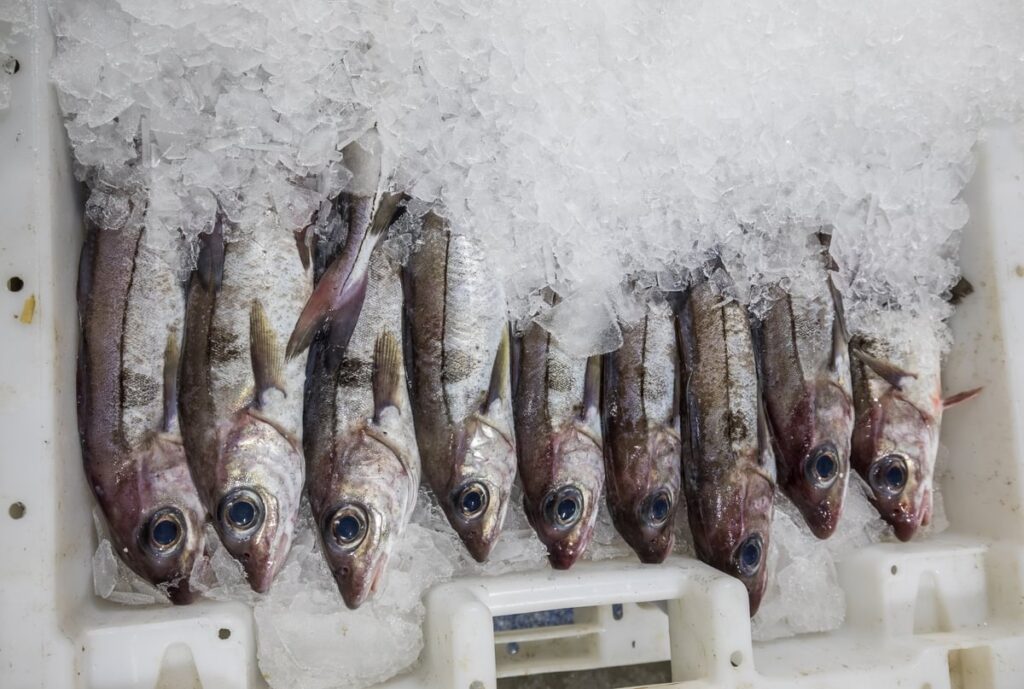
All food businesses must run a food safety management system based upon Hazard Analysis Critical Control Points (HACCP) principles. These systems and records help businesses to be more effective and comply with food safety law. Our guide to food safety management covers a range of topics including basic principles on cleaning and avoiding cross contamination. It also explains why critical control points are not essential for well-run shops with clear policies and operating procedures. The guide has been developed for independent fishmonger shop managers, but many parts of it are also applicable to mobile fishmongers or fish vans. Please note: this guide is not a definitive interpretation of the law. If you are unsure if it is appropriate for your business you should seek advice from your local food authority.
The National Federation of Fishmongers (NFF) exists to serve the interests of its members across the UK. The NFF works in collaboration with Seafish on a variety of topics.
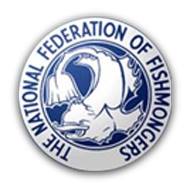
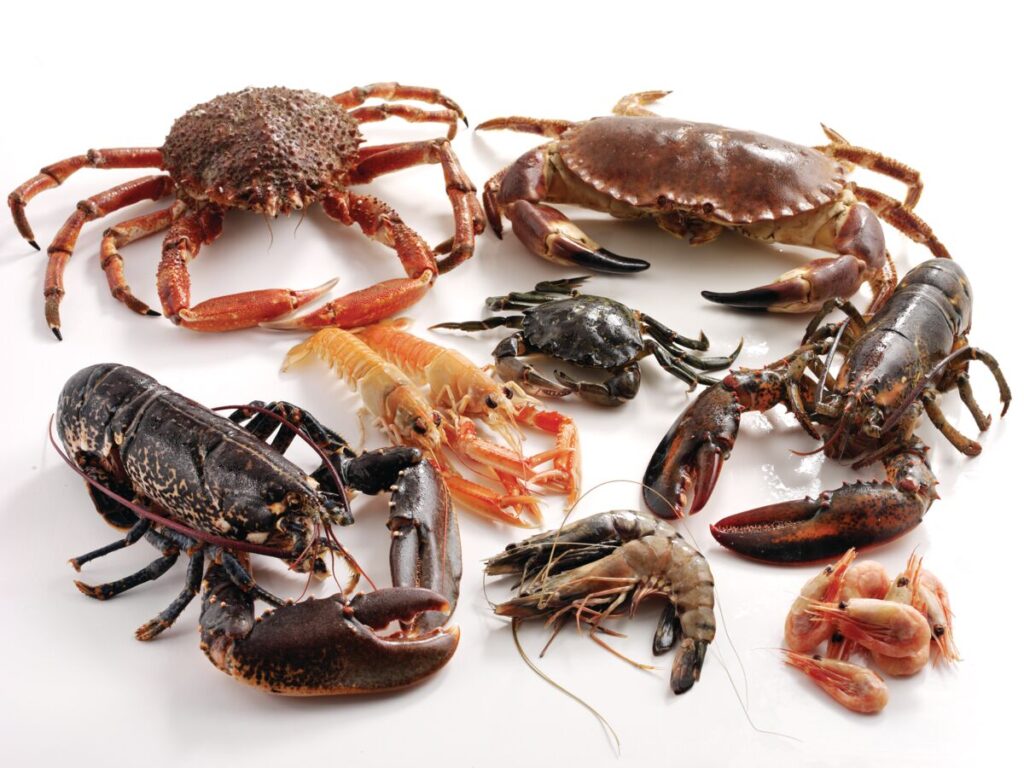
The Worshipful Company of Fishmongers developed a recognition scheme called the Master Fishmonger Standard which is sometimes referred to as the MFS scheme. It reflects levels of attainment within the fishmonger profession and the various Standards are:
- MFS Advanced Fishmonger
- MFS Companion Fishmonger
- MFS Craft Fishmonger
- MFS Master Fishmonger
- MFS Recognised Fishmonger.
The UK Seafood Federation governs the Standard.
